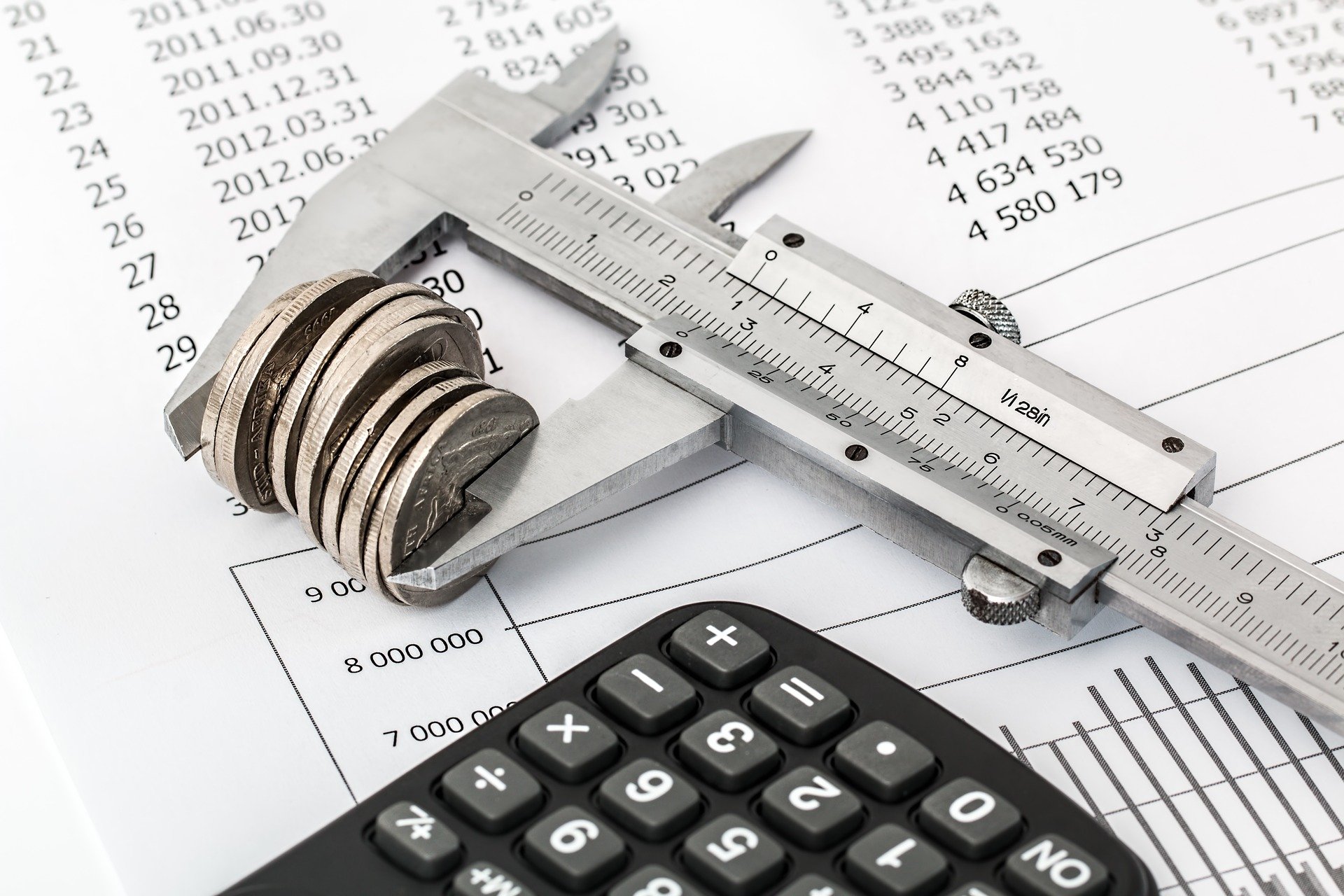How to Consolidate Business Debt?
Business debt comes in a range of different forms such as credit cards, overdrafts, loans and cash advances. Missing out on the best rates can be costly but keeping track of various costs and fees can also be time consuming. With that in mind, many business owners choose to consolidate their debt. But what does that exactly mean?
What does consolidating business debt mean?
If you have multiple loans, from different or the same provider, it might be easier for you to manage your repayments if you combine your debts into one single debt.
For example, if you have a credit card, an overdraft and a business loan all from different providers, by consolidating these debts you pay them all off and replaces them with one single loan.
Another example if that you might have multiple asset finance loans and you’re looking to purchase another piece of equipment with an asset finance facility. Instead of having another loan with a different rate and another payment going out, you can choose to consolidate them all into one loan.

What are the benefits of consolidating debt?
One monthly repayment
When you consolidate your debt together, you’ll be replacing all your loan payments with one monthly repayment. This will help business owners manage and plan their cash flow as you’ll only have one payment going each month. This will also reduce the risk of missing payments and avoiding those late payment fees.
Lower monthly repayment
Depending on the loan terms that you go for, consolidating debt can reduce your monthly repayments. If you go for a longer term, you will be stretching your loan over a longer period of time as a result, your repayments are more likely to be lower. This can help ease your cash flow but can lead to higher costs in the long run.
Lower costs
Another benefit is that it can help lower the cost of your debt. Especially, if you have multiple loans, you could have different interest rates with some being higher than others or could be charged fees on things such as credit cards and overdrafts.
Combining all your debts can reduce the costs of interest rates and fees. Additionally, if your business has grown or improved its financial position, you may qualify for a lower rate. By consolidating you’d then get the new lower rate on your existing debts.
What to consider when consolidating your business debt?
When it comes to consolidating debt, it’s important to understand that there are some considerations to think about.
Increased overall costs
Consolidating your loans together can be the more expensive option over the lifetime of the loan. For example if you choose to consolidate your debts into one loan with a 4 year term, your monthly repayments may be lower and your cashflow is easier to manage.
However over the 4 years, the interest you will pay could mean it will cost you more in the long run. It can still be a good move for your business but it’s important to understand the costs involved.
Fees
When you take out a loan to consolidate your debt, there is usually a charge to do so. The fee will be dependent on the lender and the type of loan that you take. This can make consolidating cost more than keeping debts separate – assess the fees involved and make the best call for you and your business.
Settling early
Some lenders will only allow you to settle loans early if you can do so in full. However, by consolidating multiple debts into one loan, the new loan is larger which can be mean it’s harder to pay off in one go should you want to repay early.
What does consolidating debt look like?
It all depends on your circumstances and the types of loans that you have. For example, if you have a business loan, asset finance loan and stock finance loan, you’re more likely to consolidate it all onto a business loan.
Alternatively, if you have 3 existing asset finance loans and looking to consolidate it all into one loan, it will be more another asset finance loan.
Another thing to mention is that in the current climate, a lot of businesses who took out a Coronavirus Business Interruption Loan (CBILS) or a Bounce Back Loan (BBL), there is an opportunity to refinance these loans onto a Recovery Loan (RLS). The main reason why is to reduce the interest rates payments and move the previous Coronavirus finance support loans onto a longer term period which may also reduce the monthly repayment lower.
Address
Amplo Group
11 Mallard Court, Mallard Way,
Crewe, Cheshire, CW1 6ZQ
Join Our Mailing List
See our privacy notice for more information on how we take care of your information.
